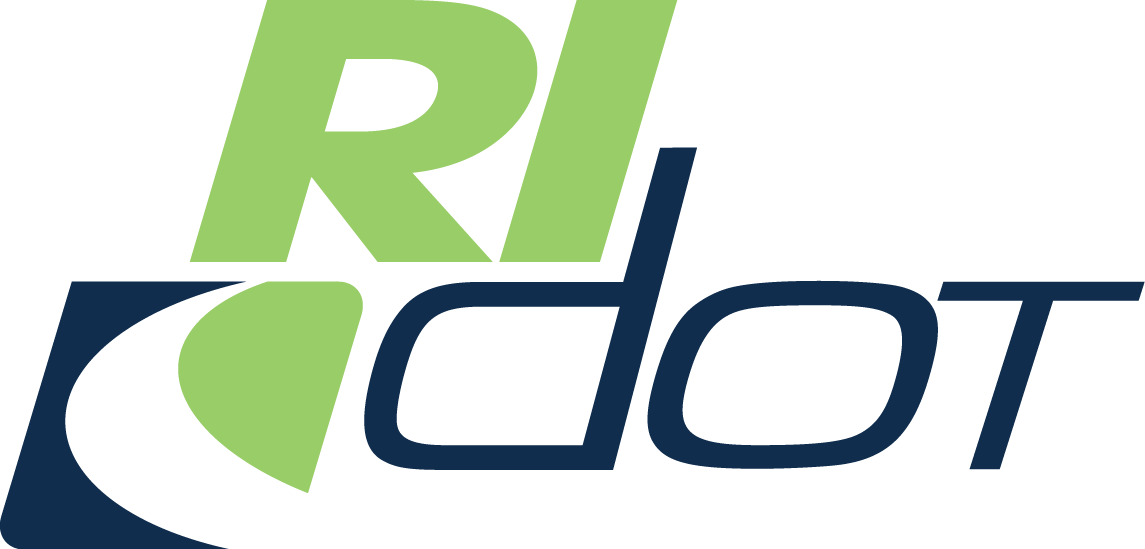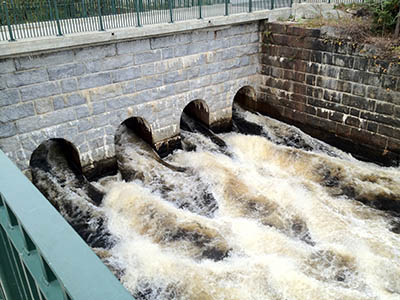We must develop, implement and enforce a program to detect and eliminate illicit discharges or flows. The management program must include a storm sewer system map showing the location of all outfalls (the point where a waste stream discharges into a body of water) and the names of all waters that receive these discharges. The map also will show the location of catch basins, manholes and pipes within the system, physical interconnections with other regulated MS4s and private property connections. Our program plan must contain procedures to identify and target priority areas and locate and remove illicit discharges.
We will use a combination of summer interns and hired vendors to identify, map and describe all stormwater outfalls. We review construction design plans to locate these features, and when plans are not available, we physically follow the pipe to its outfall.
During our outfall identification and location process, we survey them for dry-weather discharges to potentially identify illicit connections to our system. We sample them for temperature, pH, conductivity, and bacterial contamination, as required by the general permit. Our investigation sometimes requires us to trace flows up the pipe to identify where it's coming from, using smoke or dye testing or video as needed. If we find an illicit connection we work with the responsible party and RIDEM to remove it.
The general permit requires that to the extent allowable under state law, we must prohibit and enforce unauthorized non stormwater discharges into the system. While we don't have the authority to establish such ordinances, we rely on RIDEM for enforcement.


